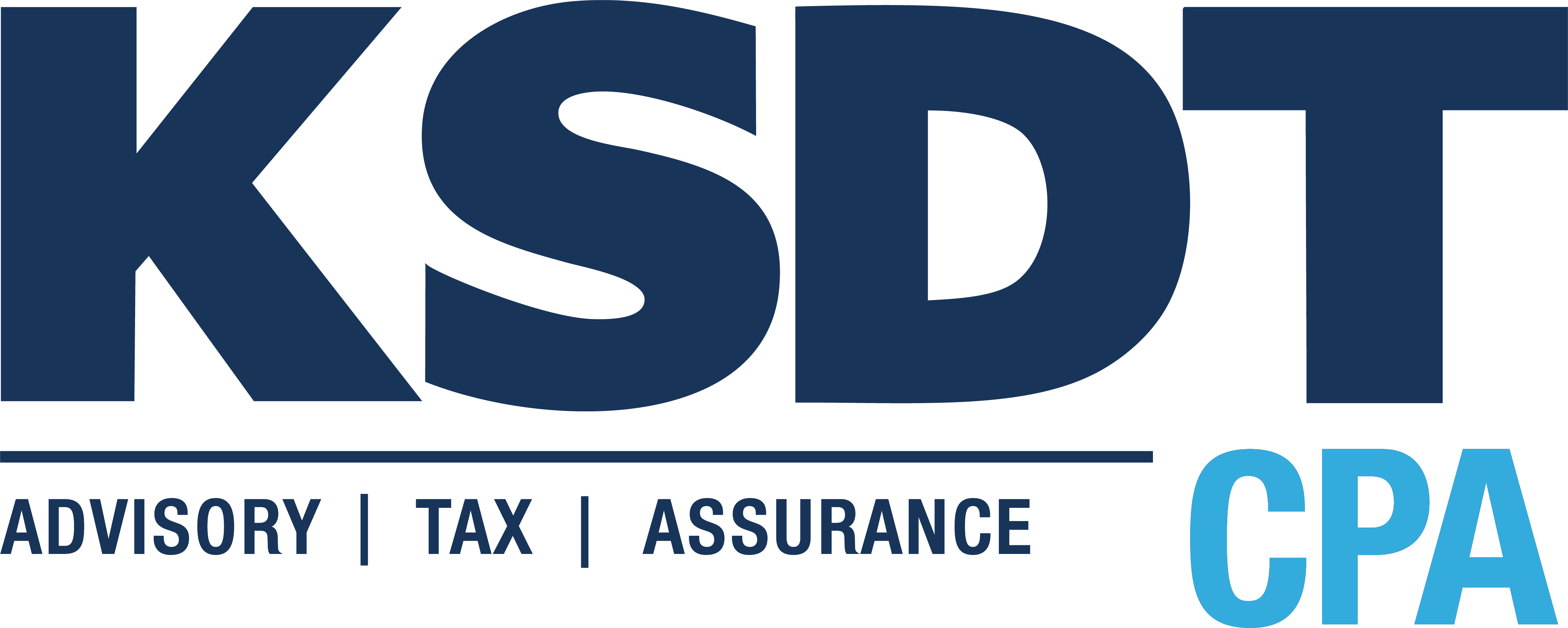
If you receive an audit notice from the IRS, do not panic. Just breathe! Read the letter in its entirety to see what they are auditing. In many cases, it’s a great idea to hire a tax representation professional to deal with the audit, especially if it’s a field audit (described below).
Why You
An audit can be triggered in any number of ways. It could be that the IRS computer randomly pulled your number. Certain amounts on the return can trigger this: high mortgage interest, high charitable contributions, high business expenses, business losses for many years, no W-2s for Officers, high travel expenses, etc. If you have the proof, then there will not be a problem.
Feel free to ask the auditor why your return was selected for an audit. Although the majority of returns that are audited are due to odd industry standards, other criteria for selection may include informants, your relationship to another taxpayer who is being audited, being part of a special group that has been singled out for auditing or being part of an IRS project such as the auditing of all employers who use contract labor. It will be good to know how your return got selected.
Types of Audits
There are many different types of audits, and each will have different requirements and goals.
- Correspondence Audits are when you get a letter to confirm a specific deduction, like charitable contributions. The IRS will request that you mail in copies of your cancelled checks and/or receipts in order to verify certain deductions on the return. This type of audit is reserved for small/simple tax returns.
- Some audits will require you to go to the nearest IRS office to show proof of your deductions rather than mail in the proof.
- In a field audit, the IRS agent will want to meet with you at your home or office to look at the records. It is crucial that during a field audit, you have representation. The IRS agent is instructed to interview you and go to your business so that he/she can ask detailed questions about business operations and see the business facility first hand. This can look like a “fishing expedition.” Your representative will attempt to buffer you from this type of questioning and probing. More than likely, your representative may attempt to have the audit conducted in his/her office rather than your business.
Dos and Don’ts:
- Be organized.
- Give them only the documents needed to support the deduction being questioned.
- Never give the IRS agent more information than is requested. For example, if the agent wants one year of records, do NOT give them your entire QuickBooks file that goes back seven years!
- Answer questions honestly, but briefly.
- Do not leave your original records with the IRS.
- Don’t chatter or exchange casual conversation. Each comment only gives them more information.
- Stay calm! Don’t be argumentative or belligerent.
- Insist on getting copies of information in their files or copies of anything that you sign. Better yet, wait until your representative has time to review the document before you sign it.
The Audit Timeline
Here’s how your audit should progress:
- Beginning: Consult with a tax advisor up front. You can learn what to expect from the IRS, what questions that you will be asked, and what documents they will require. Be prepared!
- Middle: The auditor can say things that may not be upheld in tax court. You will need to know the law and communicate it in a non-emotional and non-defensive manner. You’ll need to speak the same language as the auditor.
- End: Don’t sign anything until you fully understand the document and agree with what it says. Consult someone, if needed.
Is the Decision Final?
When the IRS agent/auditor presents you with a bill, you have the option to agree and sign the document or disagree and request a hearing with an appeals officer. The IRS is supposed to inform you of your appeal rights, and your representative is well-versed in these matters. A part of the up-front planning of an audit is the discussion of the appeals process and how best to make it work for you.
Bottom Line
Whether you prepared your return yourself or paid someone to do so, you are responsible for its contents. You need to review your tax returns closely before signing them and sending them to the IRS. Less than four percent of returns are audited and if your return is, the auditor is looking for:
- A cooperative attitude – not hostile or defensive
- Timeliness –
makes you look like you have nothing to hide. The shorter time it takes
to resolve the issues, the less likely the auditor will find additional “mistakes.” - Excellent records –
are most records available or have some been lost,
stolen or destroyed?
If you hire a tax professional, yes, it will cost you money. However, that cost may be well worth the stress and time it takes to resolve the audit. Remember, the tax representative will handle the audit in such a manner that your “exposure” is decreased which means that the representative knows the areas where the auditor will probe and where your return is vulnerable. Therefore, seek counsel so you know what to expect.
Contact P.T. Anderson Accounting to find out more.




